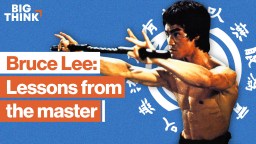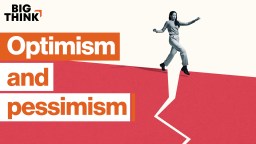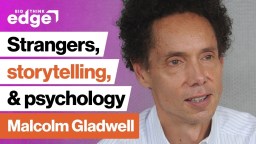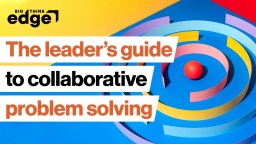Thinking
All Stories
Nihilism is not a choice or intellectual commitment, but a feeling that simply arrives.
For centuries, universities have advanced humanity toward truth. Professor Jonathan Haidt speaks to why college campuses are suddenly heading in the opposite direction.
Some volunteers performed above chance. They weren’t the psychics.
Take a journey through the maze of interpretations of one of the most famous paintings in history.
The author of “Auroville: The City Made of Dreams” talks about the difficulties of establishing (and writing about) utopian societies.
Is death the final frontier? We ask scientists, philosophers, and spiritual leaders about life after death.
▸
14 min
—
with
Scientists ripped up kids’ drawings. This is what they learned about relationships.
▸
5 min
—
with
Monogamy is often considered a key component of traditional marriages, but it’s only half the story.
▸
8 min
—
with
Shannon Lee shares lessons from her father in her new book, “Be Water, My Friend: The Teachings of Bruce Lee.”
▸
6 min
—
with
Everyone loves a laugh now and then, except for most of the philosophers you’ve heard of.
Eastern traditions have complex views on how karma affects your life.
A persistent barrage of information is not the best method for getting through to someone with a different point of view.
▸
5 min
—
with
What exactly does “questions are the new answers” mean?
▸
10 min
—
with
Thought expriments are great tools, but do they always do what we want them to?
Christians and Muslims that pick out unconscious patterns are more likely to believe in a god.
You actually score worse on memory tests.
Leaning too far in either direction is a recipe for stagnation and perhaps even failure.
▸
15 min
—
with
In some countries, religiosity and pro-science attitudes are actually positively correlated, according to the results of a recent study.
What speech is harmful, how do we know, and what do we do if we find out?
Educators have proven that they can “turn the aircraft carrier” when they need to, but the system needs to match their efforts.
▸
6 min
—
with
SEAL training is the ultimate test of both mental and physical strength.
▸
16 min
—
with
Join the lauded author of Range in conversation with best-selling author and poker pro Maria Konnikova!
▸
with
Getting what you want often requires choosing the right strategy.
▸
26 min
—
with
If the idea of freedom bound Camus and Sartre philosophically, then the fight for justice united them politically.
We’re all guilty of it, but there are ways to curb your procrastination and be more productive.
▸
13 min
—
with
Placing science and religion at opposite ends of the belief spectrum is to ignore their unique purposes.
▸
14 min
—
with
What better way to understand the world around us than through jokes?
Bastet was the daughter of the sun. The ancient Egyptian goddess was originally a fierce lioness warrior—a strong woman with the head of a big cat. Over time, her image […]
What does it mean to “lead without authority”?
▸
with





























